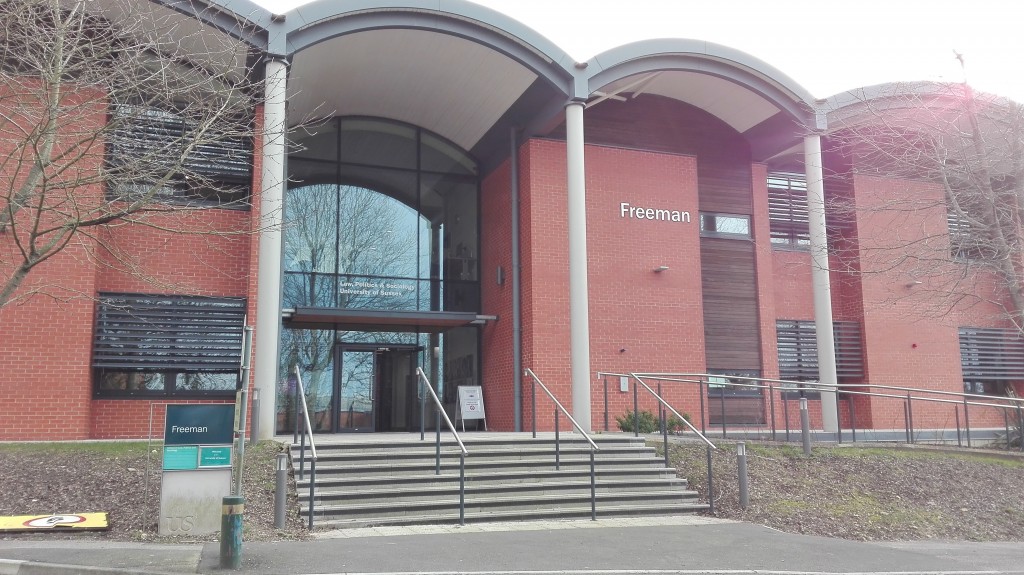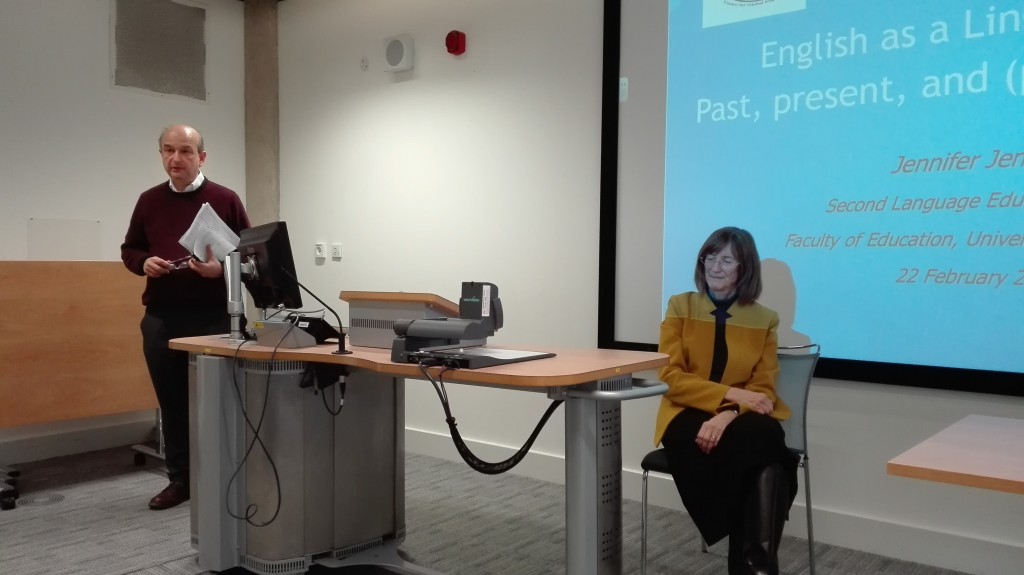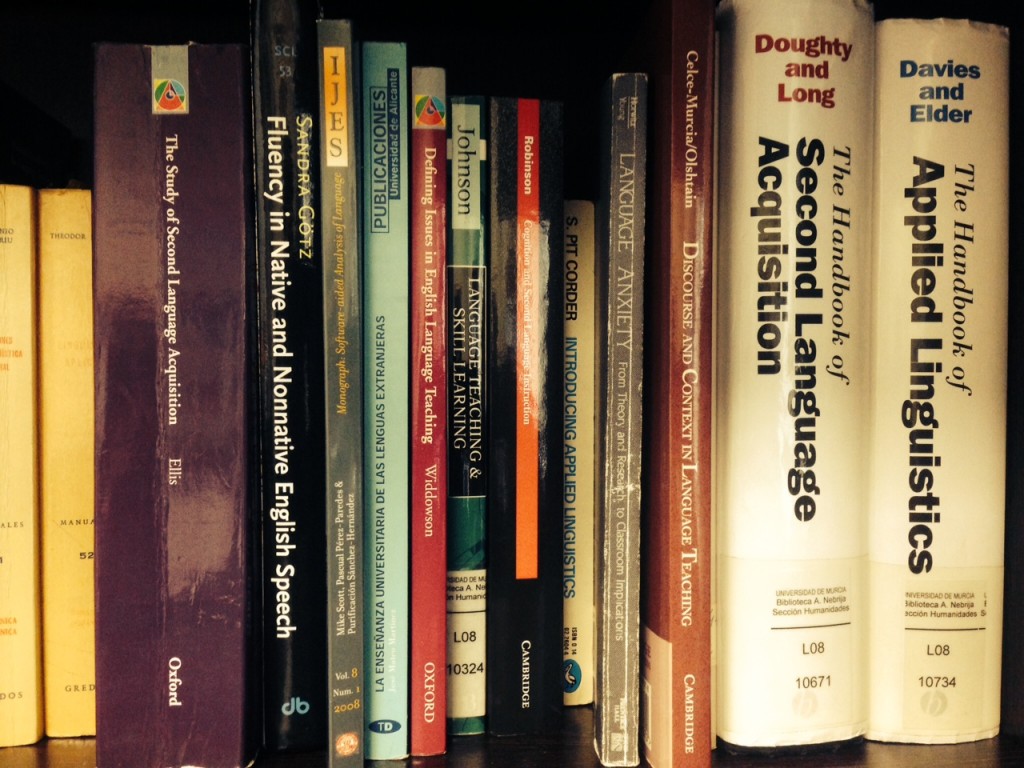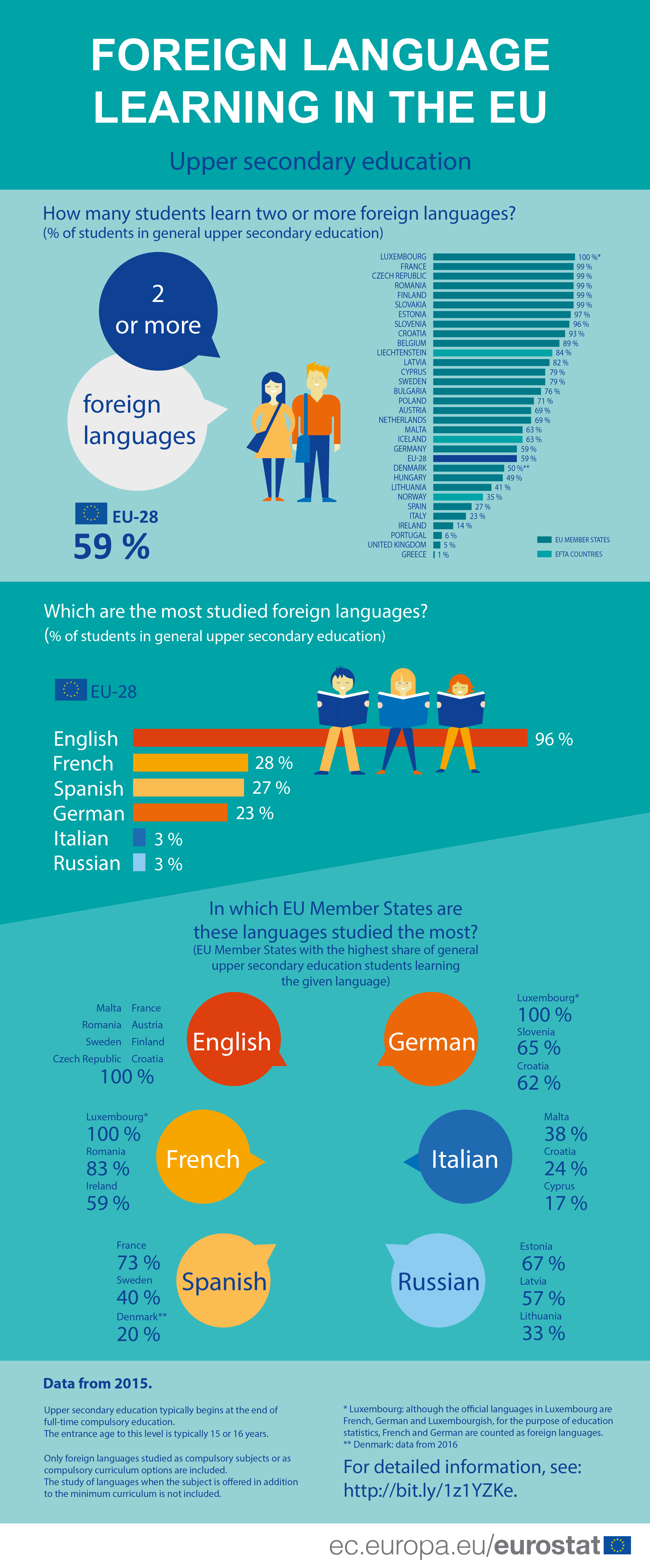Freeman Centre, University of Sussex, 27 February 2016
Some of the presentations
____________________
Lee Oakley, University of Birmingham
Some challenges when analysing a Census Corpus
The SexEd Corpus: a census corpus 1950-2014
93,202 words
11-16 year olds
Teenage readership
How are different sexualities presented to British teenagers?
Methodological approach to more qualitative analyses
All analysis is comparison
____________________
Jill Bowie & Sean Wallis, UCL
Investigating changes in structures and collocations, from a treebank to a megacorpus
Corpus: COHA (Davies 2012)
The to-infinitival perfect
80% decrease in use since 1820
402 verb lemmas in order of frequency
Top 30 collocates account for 95% of tokens (top 95% percintile)
Seem, Appear, Say, Ought, Be, Report, Claim
Seeming group
Cognition group
Cognition and saying group
Modality group
Grammatical change tends to be lexically constrained
Benefits of using dual corpora (ICE-GB + COHA)
We need open data to do more with the corpus data
____________________
Taming the beast: getting to grips with a mega corpus.
Chris Turner, Coventry
some / any
Corpus of law reports
____________________
Frequency and grammaticalization in a spoken corpus of Cameroon Pdgin English
Gabriel Ozon, Sheffield
estimated 50% of the population use it
West of Cameroon
Stigmatised status
Pilot study: 30 hours recordings, British Academy
____________________
How to use a nanocorpus. Enriching corpora of interpreting.
Camille Ciollard & Bart Defrancq
Female interpreters hedge more than male speakers
Use of the marker well
____________________
Capturing the zoo: a system for downloading, preparing and managing corpus data from online forums.
Clausia Viggiana & John Williams
Open source tools
Citizen science
To capture and interrogate linguistic data form online CS forums: zooniverse
____________________
How small corpora paradoxically uncovered the nexr quark in corpus studies.
Bill Louw, Coventry & Zimbabwe
Theory of scientific method, William Whewell, Trinity College, Colligation.
Text reads text






